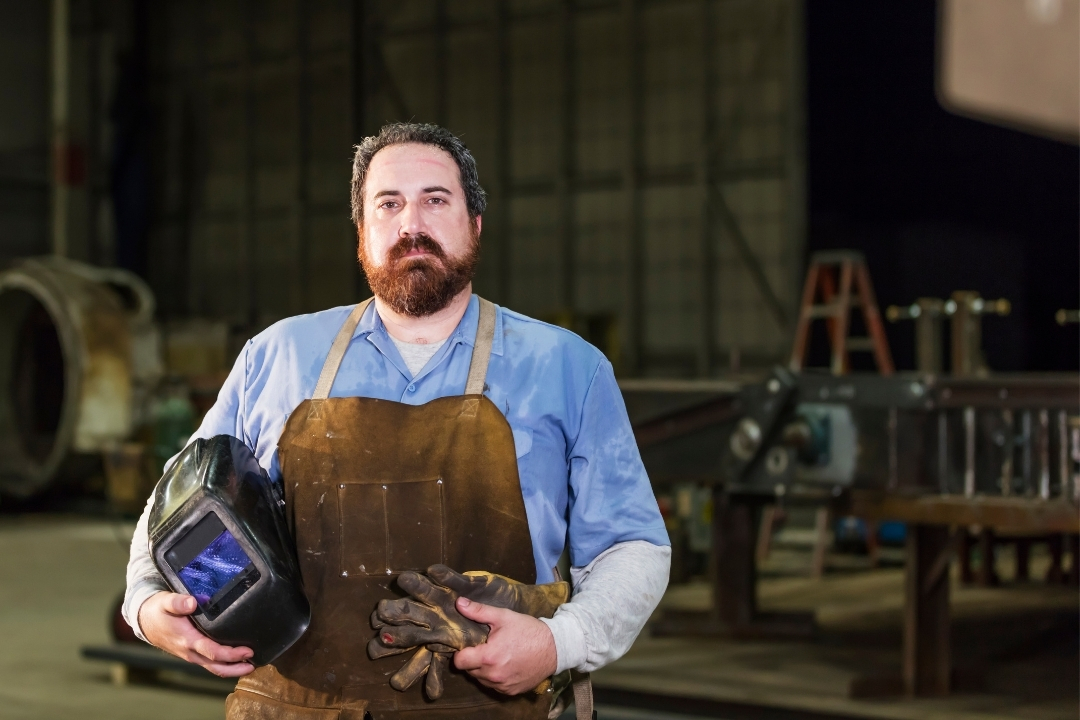How to report workplace incidents and unsafe practices
Published on Posted onWorkplace injuries, illnesses, fatalities or dangerous incidents can have a big impact on businesses and the lives of those involved.
Every state in Australia has laws and regulations in place requiring a safe work environment for all staff and people at your workplace, to ensure they’re protected.
Your boss has a duty of care to follow these laws and be proactive in removing hazards and reducing risks to avoid workplace injuries – though some industries, including many trade occupations, are known to take shortcuts.
The most common reported hazards in workplaces often include:
- Heavy lifting without supports
- Exposure to dusts and fumes without appropriate PPE
- Defective or faulty equipment
- Insufficient safety training or equipment
Who’s responsible for workplace health and safety?
As mentioned above, it’s the business owner’s responsibility to protect the health and safety of their workers and visitors to their work site.
Despite being a requirement for business owners to undertake regular risk management, we understand that accidents still happen, which is why it’s important to have appropriate procedures in place including:
- Recording the accident in an incident log
- Ensuring you always have appropriate first aid gear
- Having an emergency plan for employees
- Reporting notifiable incidents to Workplace Health and Safety regulator
It’s not only up to employers, though. Workers also have an obligation to follow rules, use equipment correctly, wear correct PPE and not intentionally put others at risk (like by playing pranks).
But lastly, it’s also an important responsibility that all employers have current workers’ compensation insurance coverage for all workers.
Note: Did you know you have the right to refuse or stop work if you feel there’s a serious risk to health and safety?
When do I need to report a workplace incident or unsafe workplace?
Just like ensuring a safe workplace, it’s your employer’s responsibility to investigate workplace incidents, even if they don’t result in an injury or a workers’ compensation claim.
And as an employee, you have a duty to report a workplace incident, injury or unsafe practice to your manager as soon as it happens (or you become aware of it), and ensure a written record is kept, such as in an incident log.
But legally, only the most serious workplace incidents or injuries have to be reported to the workplace health and safety regulator, known as a “notifiable” incident.
“Notifiable” incidents may include:
- A person’s death
- Serious bodily injury or illness
- Dangerous event that exposes a serious risk
In saying that, for workers’ compensation purposes, injuries must be reported to WorkCover within eight days of the incident and a claim lodged within six months.
How to report incidents and unsafe worksites
It might be common sense to some, but the first step to reporting accidents and unsafe worksites should be raising the issue with your manager or supervisor.
- Report safety hazards to your manager as soon as you become aware of them
- If an incident occurred, complete an incident report to record the details
- Keep your own record and communication log
If you’re asked not to report an incident, or feel management isn’t taking it seriously you can raise a workplace health and safety concern via the WorkSafe authority in your state.
What to do if injured at work?
If you’re injured on the job, the first thing you should do is seek medical attention.
And if you wish to make a workers’ compensation claim (which you should do if your ability to do everyday tasks, including work, is impacted), we encourage you to visit your doctor and get a workers’ compensation medical certificate to give to your employer.
It doesn’t matter whose fault the accident was, WorkCover is a non-fault-based scheme, meaning you can claim statutory benefits regardless of how the accident happened, as long as it was at or because of work.
WorkCover can cover you for medical expenses, weekly wage replacement while you’re off work, and even lump sum compensation through a common law claim if the accident was someone else’s fault.
However, it’s important to note there are strict time frames to reporting the injury and lodging a claim. Read more things to know about WorkCover claims in Queensland here and things to know about making a WorkCover claim in Victoria here.

